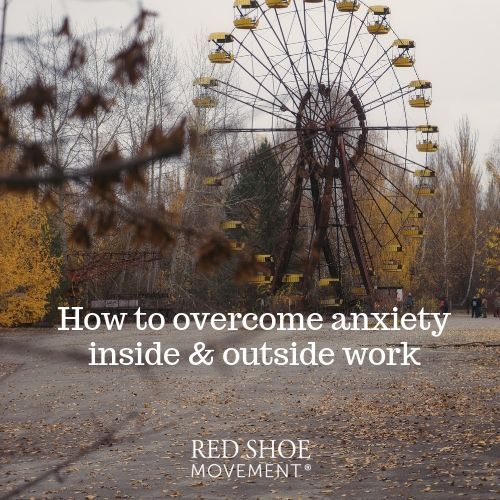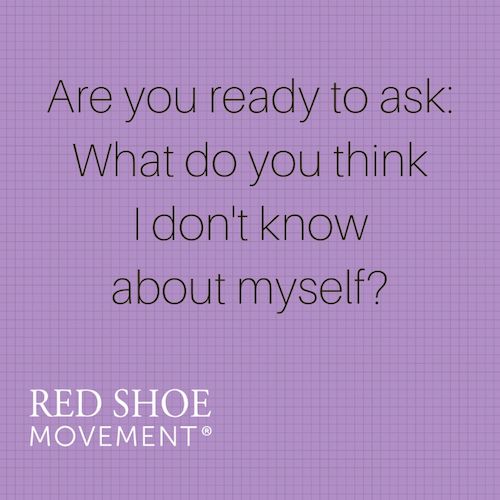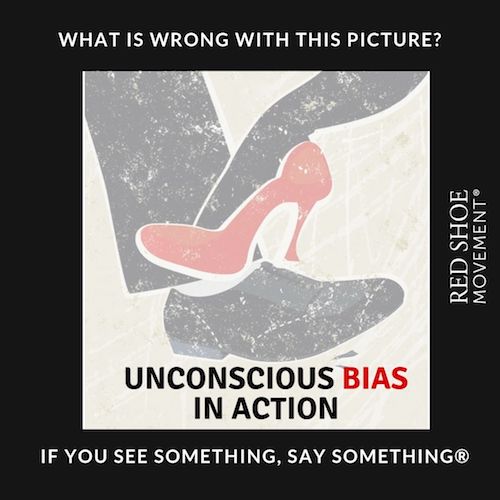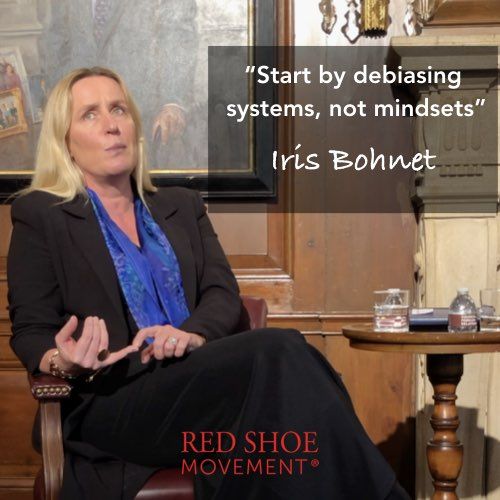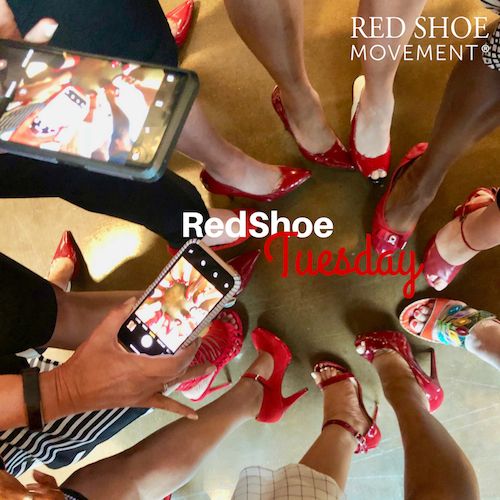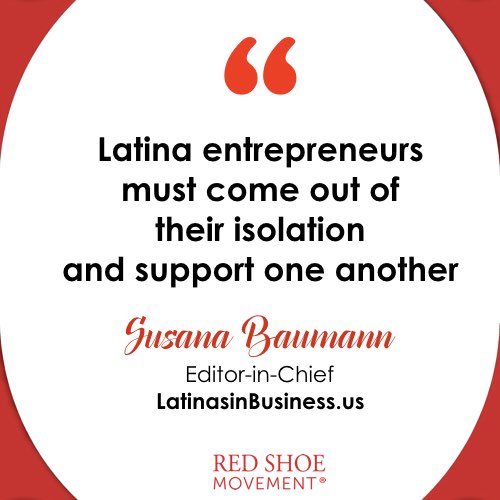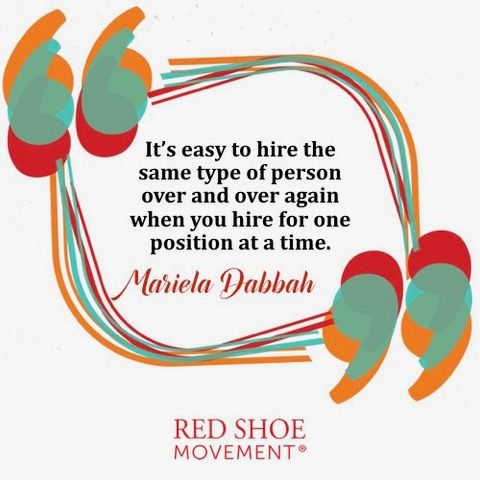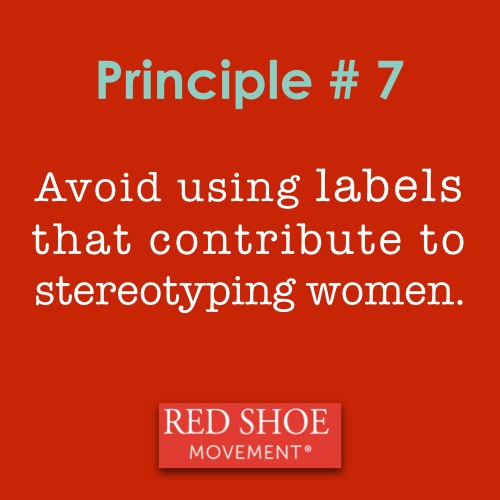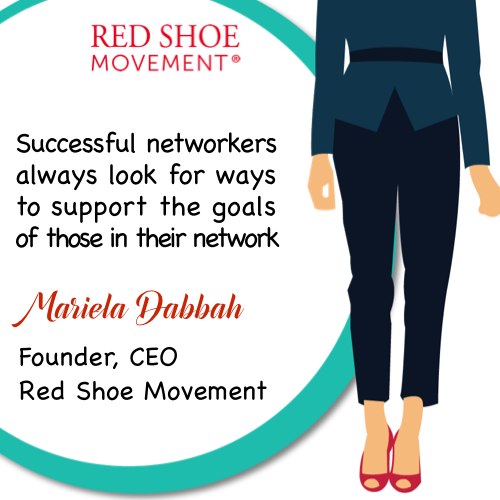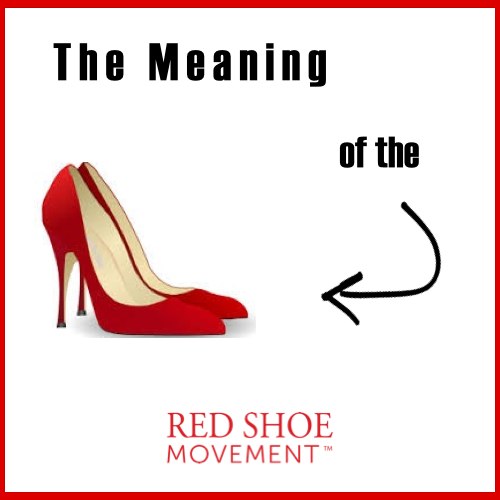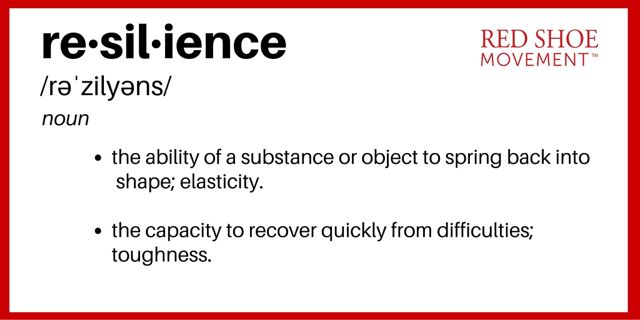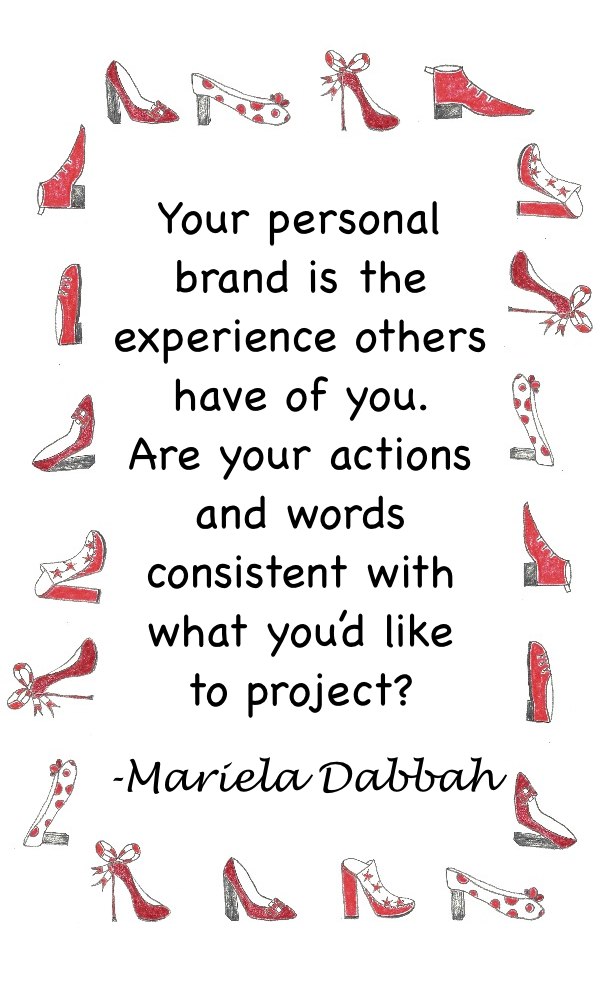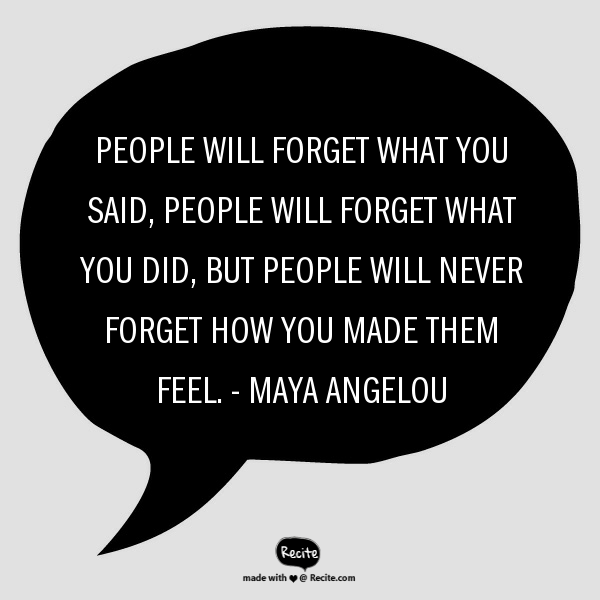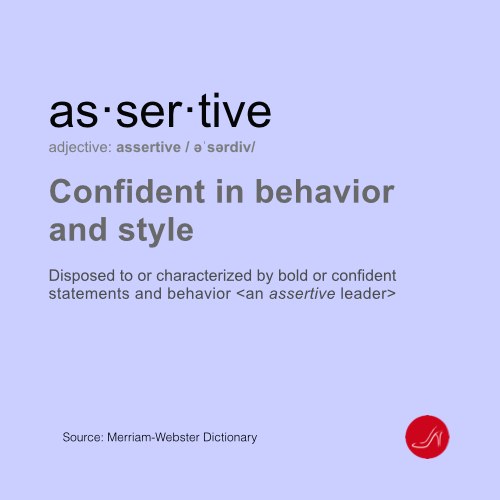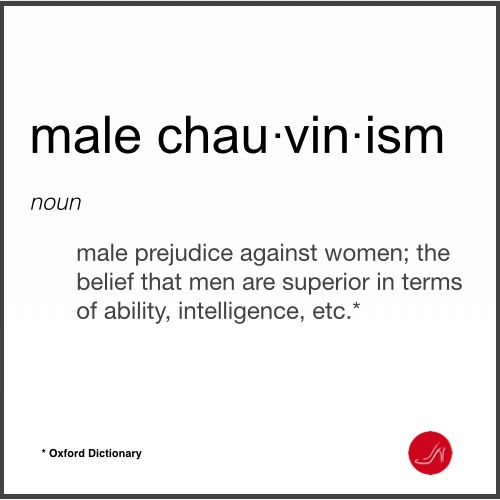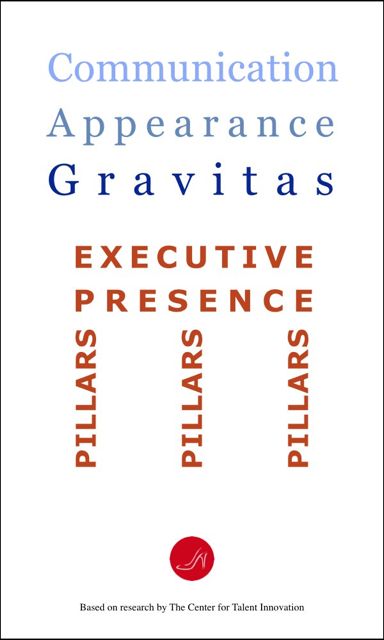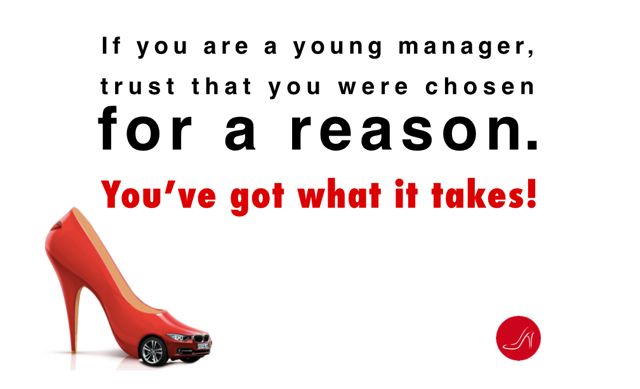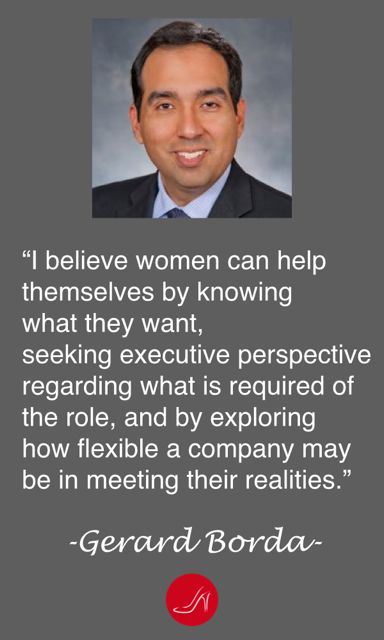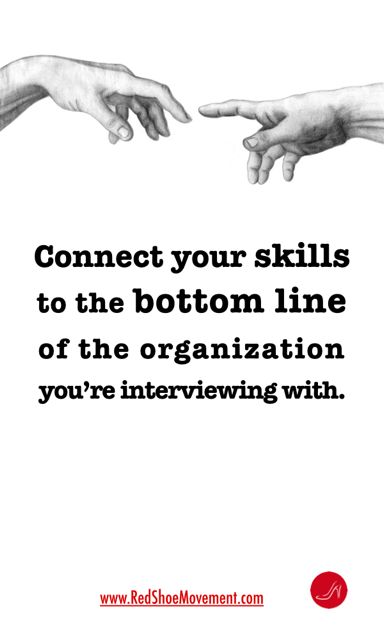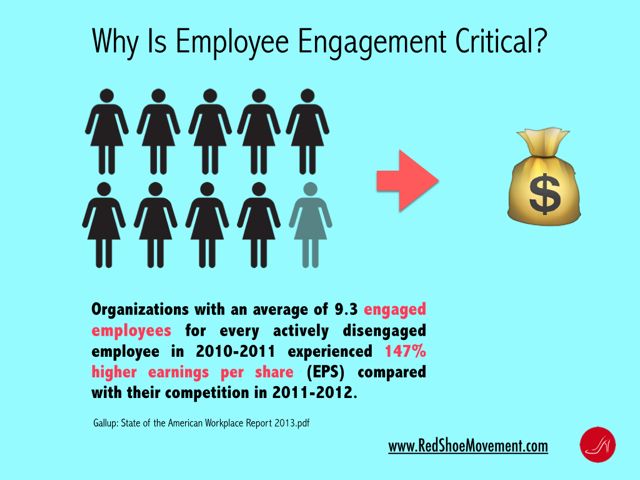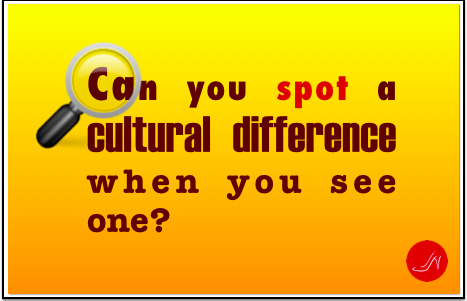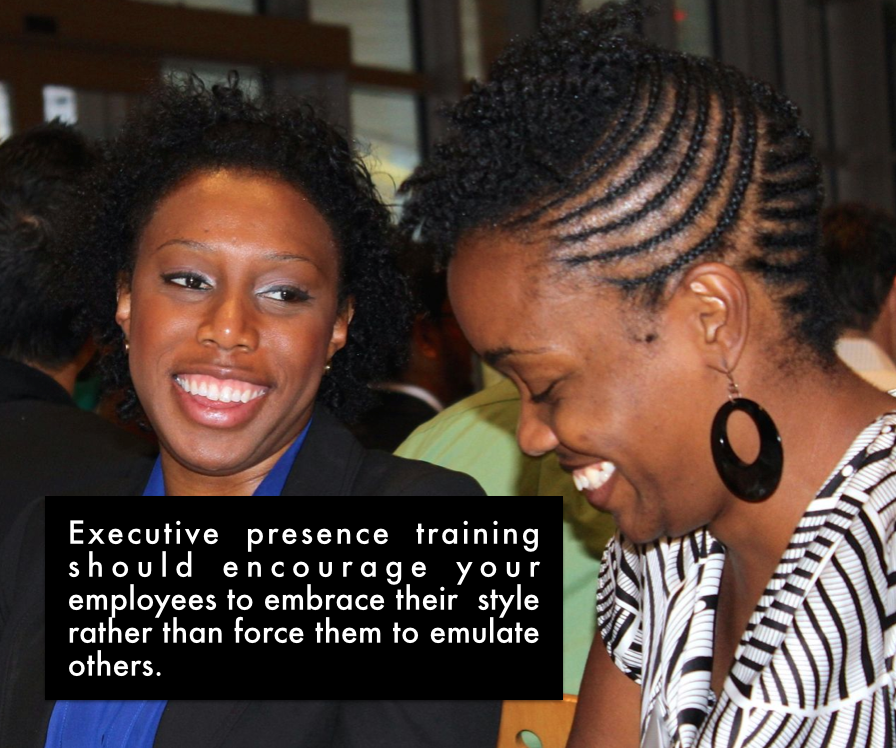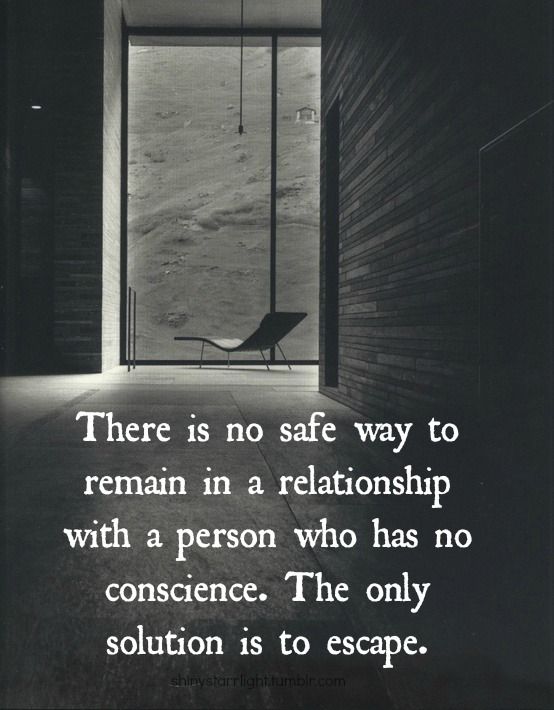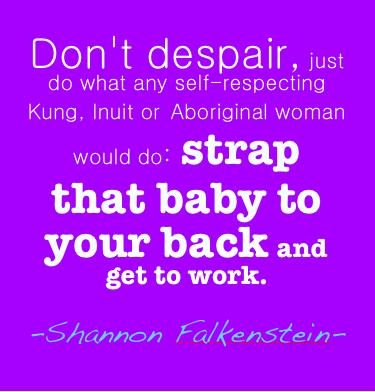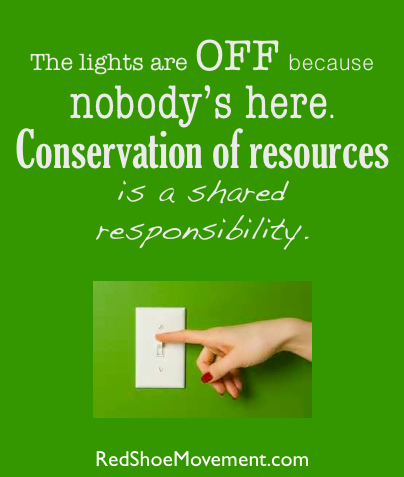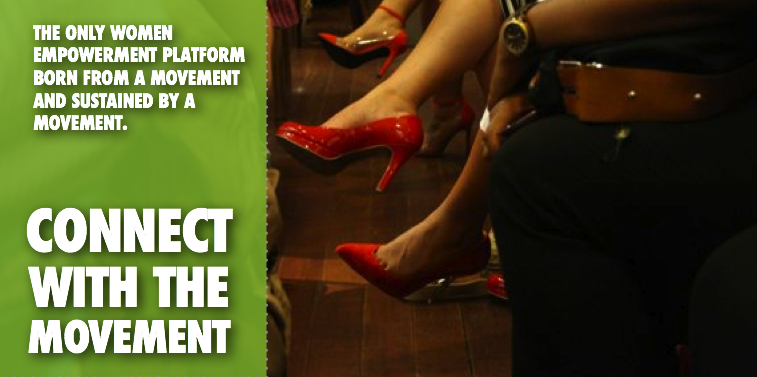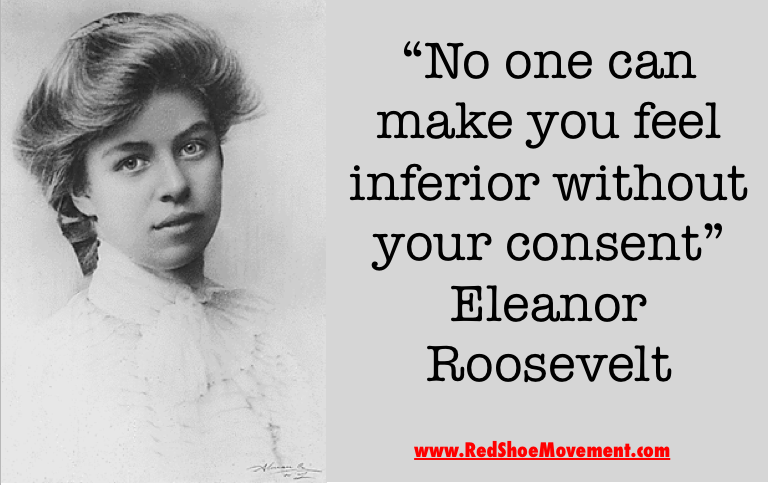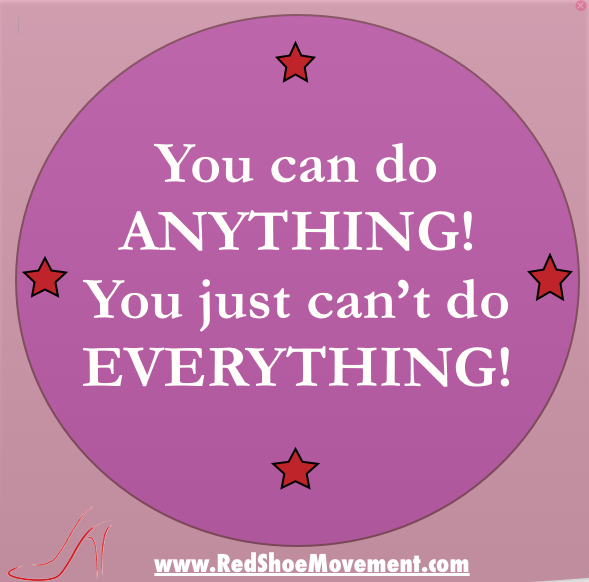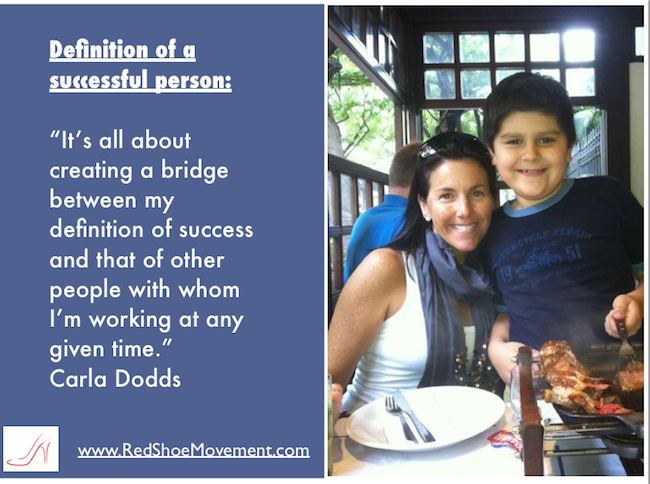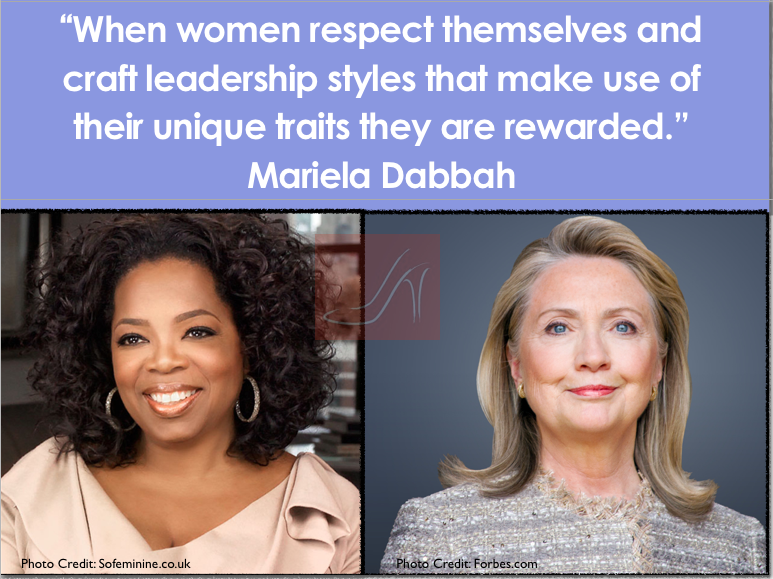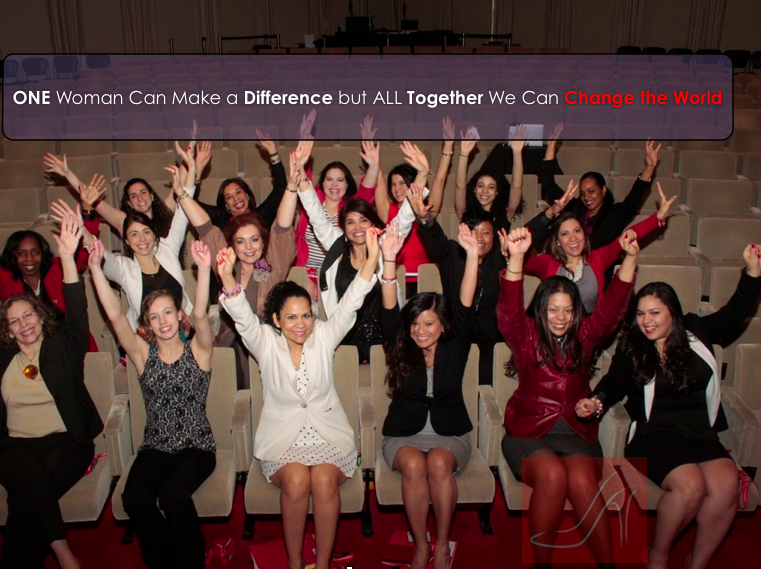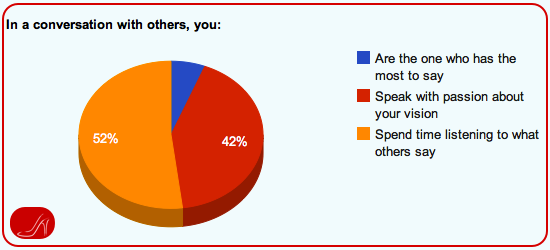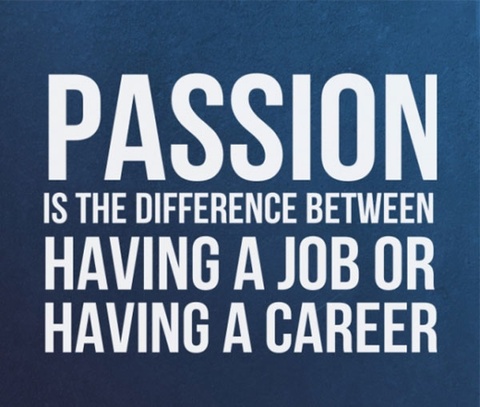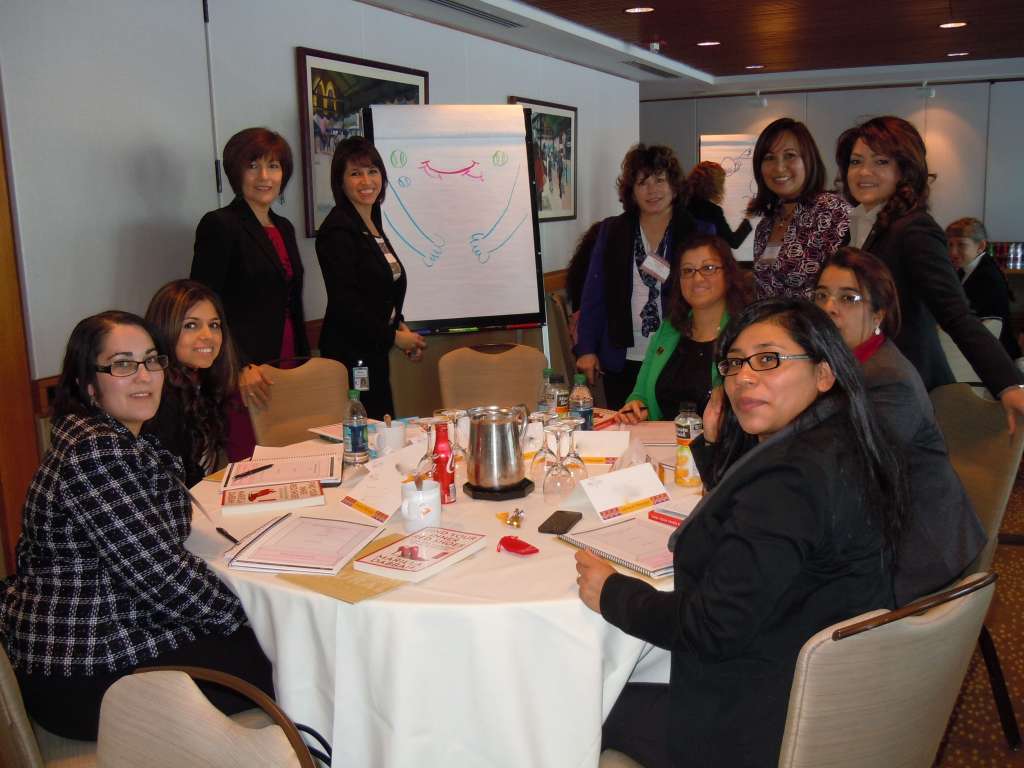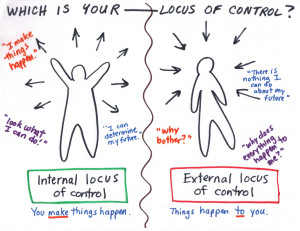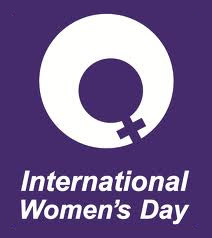By Mariela Dabbah
I never met anyone who openly admits to having bad communication skills. We all think we communicate just fine, thank you very much. But if you often encounter situations where others didn’t understand what you asked them to do, or you missed your colleague’s cue to keep something to yourself, then you might need to question your communication skills. And because communication is a two way street, you can’t focus only on what you communicate but also on what others communicate. How much you pick up from what others say is as much a part of your communication skills as when you speak yourself. Today, however, I only approach the topic of communication skills from the perspective of you as the initiator of the communication.

Communication Skills Primer
When evaluating your communication skills, you want to zero-in on speaking, listening, writing and what I call relational skills — the kind of skills needed to establish and maintain strong relationships which include: courtesy, diplomacy, timeliness, responsiveness, and so on. (The kind missing in people who never answer e-mails and only write to you when they need something.) You may have great oral and written communication skills but very poor relational skills. Eventually, this will seriously affect your relationships even when everyone understands what you have to say.
How to improve english communication skills
If English is your second language the question of how good your communication skills are is a concern you should take seriously. Every time you put something in writing, weather it’s a Power Point presentation or an email to a client, you must double check that it’s formulated properly. Despite the fact that texting has made spelling mistakes a daily nuisance with which we’ve learned to cope, there’s sill very little room for mistakes in the workplace. Recently, I was asked to join a start-up company in what sounded like a promising project. After reviewing their introductory materials I turned it down. The reason? The paperwork was so poorly written that it made me think that the team was second rate. If that was the way in which they presented their project, I couldn’t imagine how the project would be executed.
English is my second language and I’m constantly aware of how that may affect my communication skills. When I present publicly I make fun of the fact that I’m prepositionally-challenged and that oftentimes I don’t get a popular saying completely right. Humor is a great tool to engage my audience. But I never take my writing lightly and everything that leaves my desk is edited by a native English-speaking editor. I value my brand too much to allow my written communications skills to tarnish it. You may not be as lucky as I am to have that editor be one of your closest friends, but I highly recommend that, if English is your second language. you partner with a colleague who can review your most important documents before you send them out.

Equally important is to hone your oral communications skills. Can you express your thoughts clearly and concisely providing enough context while avoiding extraneous matter? Are your suggestions understood? If you find that you have trouble turning your thoughts into words that others can follow, ask a friend to work with you. Practice putting simple ideas into words, and share them with your friend. Get feedback. Repeat. You may also need to get a coach to help you along. If your difficulty arises when you have to speak in front of a group, then join a Toastmasters Club where they’ll prepare you for public speaking in any environment. It will definitely boost your confidence.
Accents are fine as long as they don’t interfere with getting your message across. If yours does, slow down your speech to make comprehension easier and think about signing up for an accent reduction course. But consider that, in most cases, having an accent can be a great advantage. Not only does it help you stand out and be remembered, but in many cases it forces people to pay additional attention to you.
Women Must Learn to Leverage their Unique Communication Skills
Women, who often have a distinctively different style than men, can benefit from understanding how to take advantage of this difference. Ask yourself: What unique communication skills do I bring to the table? How can I leverage those particular traits to better position myself? Being aware of your assets will help you use them to your advantage.
For instance, we are generally known for being good listeners, consensus builders, and empathetic. So you could request to be part of a high-stakes negotiation team, given that you have all the required communication skills to succeed.

As women we tend to place higher value on relationships and consequently become more emotionally involved with those around us. (This is an extra valuable asset in workplaces dominated by bottom-line mentality because, in the end, the bottom-line alone doesn’t motivate people to go to work.) In difficult situations, when you become angry, frustrated, annoyed, and so on, being aware of any tendencies to express your emotions openly will help you modulate your emotional response. And I said “modulate” not “eliminate.” Emotional responses are important because they show you care about the issue at hand, about your organization, about people. If you want your message to get across, however, modulation is the key. Why? First, when you are emotional your voice pitch is likely to become higher than usual making you in turn harder to understand. Second, depending on your audience, if they are not used to public displays of emotion they might not know what to make of it. (Is she out of control? Will she be able to carry out this project?)
Take advantage of the emotion to reveal who you are. Try to calm down by breathing through your stomach a few times to regain your regular voice pitch. Then explain why you feel that way. Explain that you care. Explain that what happened is unacceptable, wrong, unfair, etc. And always keep in mind that this modulation should serve one purpose only: to get your message across. Not to change who you are or your communication style.
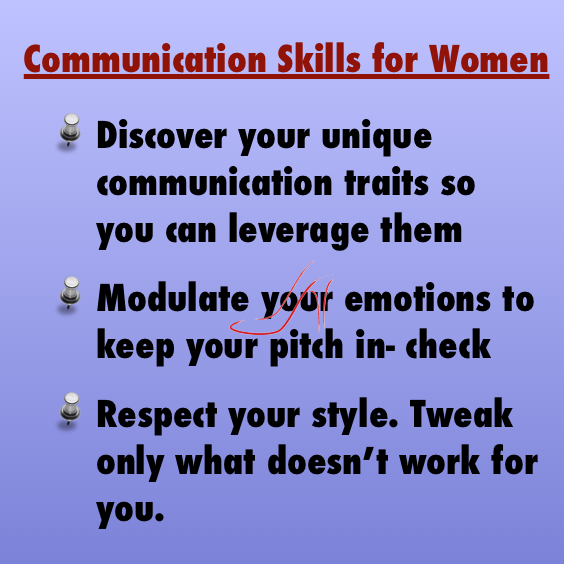
Great Communication Skills and Latinas
Learning to modulate aspects of your communication style is particularly important for Latinas. Passion is an inherent part of the Latino culture and of who we are. It lets people know what’s important to us. So learning to turn up or down the volume of your passion according to your audience is an effective way to be heard. It doesn’t mean I’ll stop caring. It just means I modulate the level of the passion with which I express myself depending on who’s listening. That way they can hear what I have to say.
The main thing to remember is that one of the secrets of feeling happier at work is to respect your style. Rather than imitate someone else’s, you must first recognize your own style. You must know what makes you, you. Then, and only then, can you fine-tune your communication skills by slightly adjusting details to make your message clearer.




























































































































